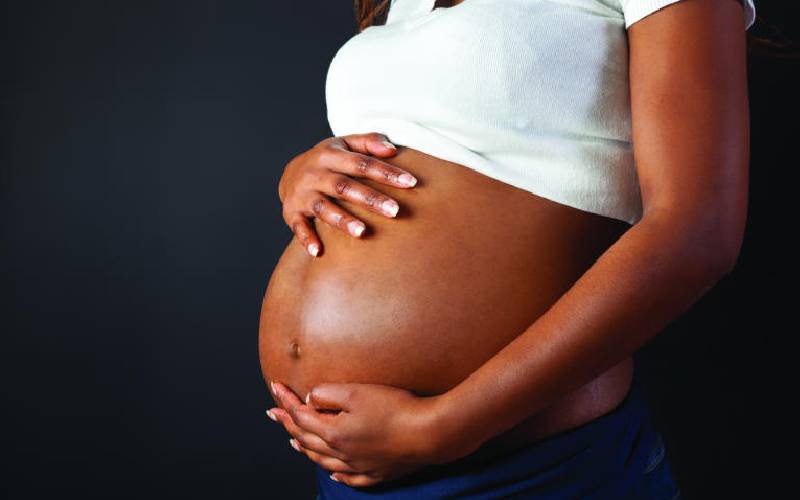×
The Standard e-Paper
Fearless, Trusted News

Teenagers, who did not profess any religious faith are more likely to get pregnant. [Courtesy]
Adolescents from Nilotic regions are more likely to experience repeat teenage pregnancies compared to Bantus, according to a study whose results were released yesterday.